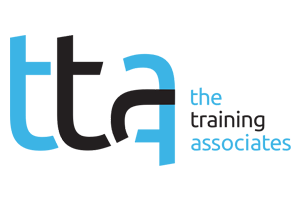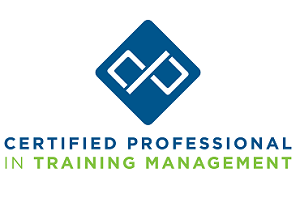Effective communication in the workplace is a key leadership skill, and it is vital for any successful business. But calm, clear and considered communication is not always an easy thing to achieve. Too often, nuance is missed, messages are misunderstood and intentions are misconstrued. This is especially during a crisis.
Consider these five tips for effectively communication during a crisis.
- Look at the Big Picture
When confronted with tight deadlines and high-stress situations, it can be difficult to make sound decisions. Before making a decision in a stressful situation, ask yourself: “Will this action help my team or client achieve their goal? Or am I actually making it harder for them to succeed?” This approach is often reflected in people with high levels of emotional intelligence (EQ), as they are able to balance a range of perspectives at once. Rather than becoming overwhelmed by day-to-day logistics, take a step back and try to understand the larger business ecosystem. The more understanding you have of the current issues facing your learners, customers, industry and competitors, the better you will be able to communicate with each of them, and to help others do the same.
- Be Curious
As humans, we often tend to assume we have complete information about a situation when, in reality, we are all limited by our own experiences and biases. As a coach, I have witnessed countless crisis situations in which leaders have made rash decisions without considering whether other members of their team could help. The only way to determine if you have a solid understanding of a situation is to ask others. Use careful, non-accusatory language when doing so. For example, say, “I’m realizing I don’t fully understand your perspective. Could you please explain how you see this situation?” Inviting others to share their thoughts can be a powerful way to encourage open and honest communication, which can steer the conversation in new ways.
- Have Empathy
Think about your interactions with a colleague who you feel often lets you or the team down. Ask yourself, “Have I made assumptions around their behavior and assigned negative attributes to them as a result?” Most likely, the answer is yes, and your communication may actually be making the situation worse through subtle accusations.
Remind yourself to think human-to-human, and consider the fact that the person you are speaking to likely has reasons for behaving in certain ways. This empathetic shift in attitude will be reflected in your interactions and will ultimately lead to better communication.
- Don’t Dwell on Irrelevant Information
Strategy plans that have proven bad for business do not need to be examined in moments of crisis: You already know they are bad. Instead of getting caught in the cycle of turmoil and frustration often associated with moments of upheaval, channel your energy toward locating critical data and information that will help you move toward a resolution, as well as focusing on the impact that your solutions may have on others.
- Identify Patterns
Before embarking on a difficult conversation, whether with a learner or a supervisor, it can help to take a step back and consider the relevant information you have on hand, which may help you craft a response. For example, how has the other party responded to similar situations in the past? What is their decision-making style? Consider the information you have at your disposal. If you don’t have enough of it, ask someone else who can share an objective perspective or insight and could help you plan your approach for having a candid, productive conversation.
Ultimately, stressful situations can breed stressful, impulsive communication techniques that often only serve to make things worse. But when care, sensitivity, focus and a bit of strategic thinking are injected into the mix, you will be better able to communicate during a crisis and, ultimately, increase your chances of reaching a swift, effective solution for all parties involved.
Have any of these techniques worked for you in a moment of crisis? What strategies have you used to teach yourself to communicate in new and more effective ways?




